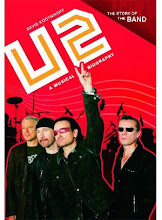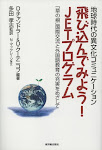 The release of "City of Life and Death" is as remarkable as the film itself. As with anything on mainland China it had to pass government censors - as a result, this version of the 1937-38 Rape of Nanjing bears the regime's stamp of approval. Here's the Hong Kong trailer:
The release of "City of Life and Death" is as remarkable as the film itself. As with anything on mainland China it had to pass government censors - as a result, this version of the 1937-38 Rape of Nanjing bears the regime's stamp of approval. Here's the Hong Kong trailer:What I found extraordinary is the way director Lu Chuan has stepped beyond the usual victimization that many Chinese indulge in. Whether it was last year's protests over the Olympics or a cropped photo on CNN, a certain segment of the population relishes a good public wailing or a boycott of a particular French supermarket. Lu seems to recognize how ridiculous this looks and how useless it actually has been:
"Japanese soldiers used to be demonized in Chinese movies. We have been making such films for 60 years, but they never had any influence in the world or affected the world's understanding of the massacre.So what we get is a film that broadens the official narrative of the Japanese as monsters to include them as victims as well as perpetrators. Their stories are told from the perspective of a Chinese director, much like Clint Eastwood's "Letters from Iwo Jima," and that's a genuinely positive sign.
To continue to wail and whine to the world about the sufferings we had experienced will not work. We need to probe deeply into how and why the war happened."

As for its merits as a cinematic work of art it doesn't reach the level of "Saving Private Ryan" or "Das Boot." Many of the scenes feel tacked on, defusing the narrative and smothering its power.
The perspective shifts from Chinese to Japanese soldiers to the female victims of rape on both sides. While Lu has accurately captured much of the massacre's complexity, he doesn't spend enough time developing the intimacy needed to generate the emotional resonance that great storytelling relies on.

Nevertheless, he avoids slipping into didactic reportage and there are some incredibly emotional scenes that make the film a must see for anyone with even a slight interest in the subject. But if you come to the film without any context you'll likely be lost.
Yuko and I traveled to Nanjing twice to visit the Massacre Museum, but it was closed both times...











No comments:
Post a Comment